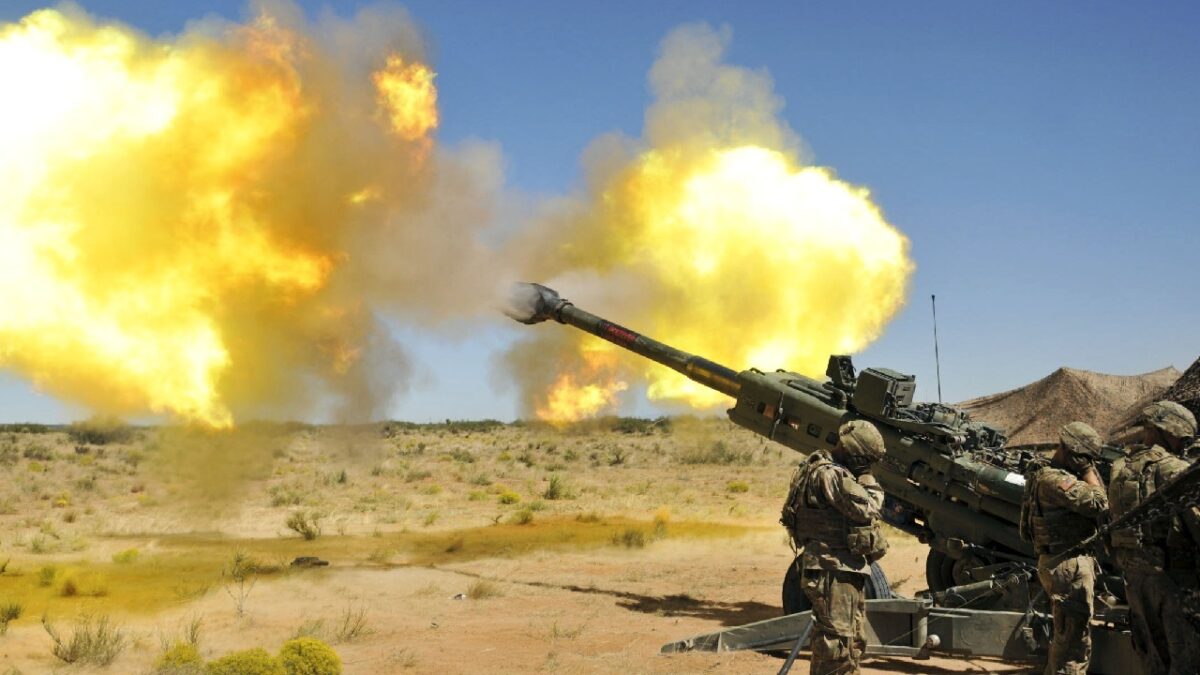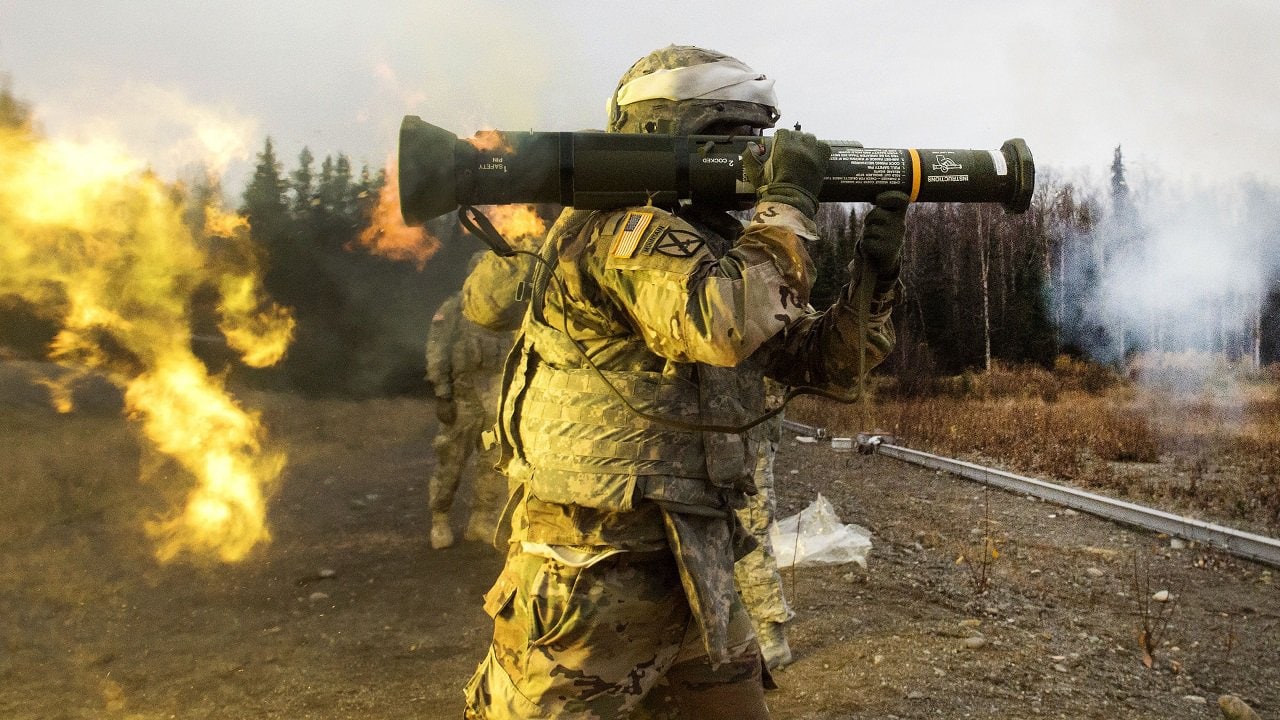Defense Ministers from across the European Union (EU) are gathering in Prague on Monday to discuss further military support for Ukraine, but the most significant item on the agenda is a proposal by EU foreign affairs chief Josep Borrell for a multinational EU training mission for the Ukrainian armed forces.
Last week, Borrell acknowledged that Western weapons and intelligence has slowed but not stopped the Russian invasion. “Of course, it would be a big mission,” he said, adding, “any mission has to be up to the level of the conflict.”
“It seems reasonable that a war that is lasting and looks set to last requires an effort not only in terms of supplies of material,” Borrell said.
“This is what is being discussed among the member states and will be discussed politically,” he said.
Fear Of “Angering Putin” Stopped Earlier Talk of a UkraineTraining Mission
Prior to Russia’s invasion, the government of Ukraine’s President Volodymyr Zelensky asked for an EU training mission to bring Ukraine’s armed forces to align it closer to NATO’s forces. The mission was to include countries from Eastern Europe and the Baltic states.
But Germany, Italy, Greece, and Cyprus objected, worrying that this move might anger Russia and increase tensions. Berlin suggested sending money instead to Kyiv. Then Russia invaded Ukraine in its “special military operation,” and those objections were rendered moot.
Borrell said, “I don’t quite understand why we send training missions to the Mozambican army and not to the Ukrainian army,” which is a strong argument for sending the multinational training mission. The conference in Prague is expected to end on Tuesday, and the Czech defense minister will issue a statement.
Ukraine Update: EU Travel Ban For Russians Could Be Coming
Another issue on the agenda is a request from President Zelensky that the EU’s foreign ministers issue a blanket travel ban on Russians from visiting the EU. The Czech government is pushing for a total travel ban. Gabrielius Landsbergis, the Lithuanian Foreign Minister, has said that Estonia, Latvia, Lithuania, Poland, and Finland, may act on their own to block tourists if the EU disagrees with a union-wide ban.
Those countries share a border with Russia, and most Russian nationals have to pass via ground transportation to the five nations since air flights from Russia to the EU have been suspended since the invasion began on February 24. A few weeks ago, Estonia closed its border to more than 50,000 Russians with previously issued visas, the first country in the EU to do so.
“Travel is not a human right,” Urmas Reinsalu, Estonia’s foreign affairs minister, said to CBC News in Tallinn, Estonia’s capital, last Thursday..
“We have to also give a strong push to Russian society to wake up. You can’t just walk on the streets … as a tourist, just eyes wide shut.”
This move by the Estonian government is contentious, as about 25 percent of its 1.3 million citizens are ethnic Russians, and those numbers are much higher around the border between the two countries. The city of Narva on Estonia’s eastern border is about 90 percent Russian-speaking, and about one-third hold dual citizenship.
Dmitry Peskov, Russian President Vladimir Putin’s spokesman, said, “This can only be seen extremely negatively. Any attempt to isolate Russia or Russians is a process that has no prospects.” In mid-August, Estonia was hit by a cyber attack that affected over 200 websites. A Russian hacker group claimed responsibility.
“Yesterday, Estonia was subject to the most extensive cyber attacks it has faced since 2007”, Luukas Ilves, undersecretary for digital transformation at Estonia’s Ministry of Economic Affairs and Communications, posted on Twitter.

Soldiers, with team Deadpool, B Battery, 2nd Battalion, 3rd Field Artillery Regiment, Division Artillery, 1st Armored Division, fire a M777 Howitzer, during the Two Gun Raid September 20 at Oro Grande Range Complex, N.M. 2-3 FA conducts the Two Gun Raid and table VI qualification annually. (U.S. Army Photo by Sgt. Michael Eaddy). This is similar to the artillery engaged in Ukraine.
“With some brief and minor exceptions, websites remained fully available throughout the day. The attack has gone largely unnoticed in Estonia,” he added.
It is expected that the union won’t consider a total ban but would consider tightening the issuance of the visas. However, Borrell, Germany, and other members of the EU are calling to turn down this move, pointing out that it would cut off escape routes for Russian dissidents.
Expert Biography: Steve Balestrieri is a 1945 National Security Columnist. A proven military analyst, he served as a US Army Special Forces NCO and Warrant Officer in the 7th Special Forces Group. In addition to writing for 19fortyfive.com and other military news organizations, he has covered the NFL for PatsFans.com for over 11 years. His work was regularly featured in the Millbury-Sutton Chronicle and Grafton News newspapers in Massachusetts.

